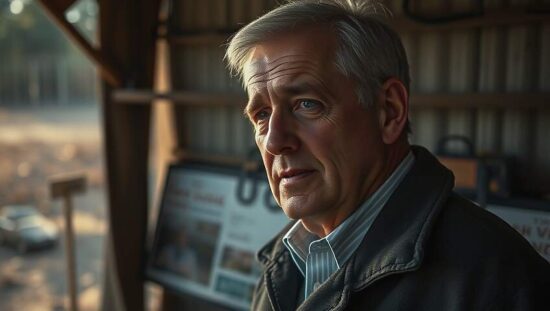The dissolution of Germany’s ‘traffic light’ coalition appears to have left a lingering personal chasm between former Finance Minister Christian Lindner and former Chancellor Olaf Scholz, according to recent remarks published by the Handelsblatt. Lindner confirmed he has not been in contact with Scholz since the coalition’s collapse, contrasting this with ongoing communication with Robert Habeck, then-Vice Chancellor and Minister for Economic Affairs and Climate Action.
Lindner’s assessment of the three-year coalition government was notably candid, acknowledging successes while also characterizing the tenure as marked by a “process of alienation and ultimately disappointment”. The comments subtly highlight a breakdown in personal and political alignment that contributed to the coalition’s implosion.
Facing criticism alleging that the FDP deliberately engineered the coalition breakdown through the presentation of the controversial “D-Day” paper – outlining demands to fundamentally reshape economic policy – Lindner firmly rejected the accusation. He stated the FDP had “played its cards on the table” from the outset, presenting a clear choice between a new election and a radical economic transformation. This reiterates the party’s strategic positioning and suggests a willingness to prioritize economic reform, even at the cost of political stability.
Looking forward, Lindner expressed optimism regarding the potential for a revival of the Free Democratic Party (FDP). Drawing a parallel with the resurgence of the Left Party (Die Linke), he suggested that a confluence of opportune factors – relevant thematic focus, compelling leadership and the right timing – could propel the FDP to renewed prominence. This commentary hints at a calculated ambition, positioning the FDP to capitalize on the instability following the coalition’s demise and potentially redefine its political identity in the coming years. His remarks raise questions about the FDP’s long-term strategy and the extent to which it aims to exploit the current political vacuum.





